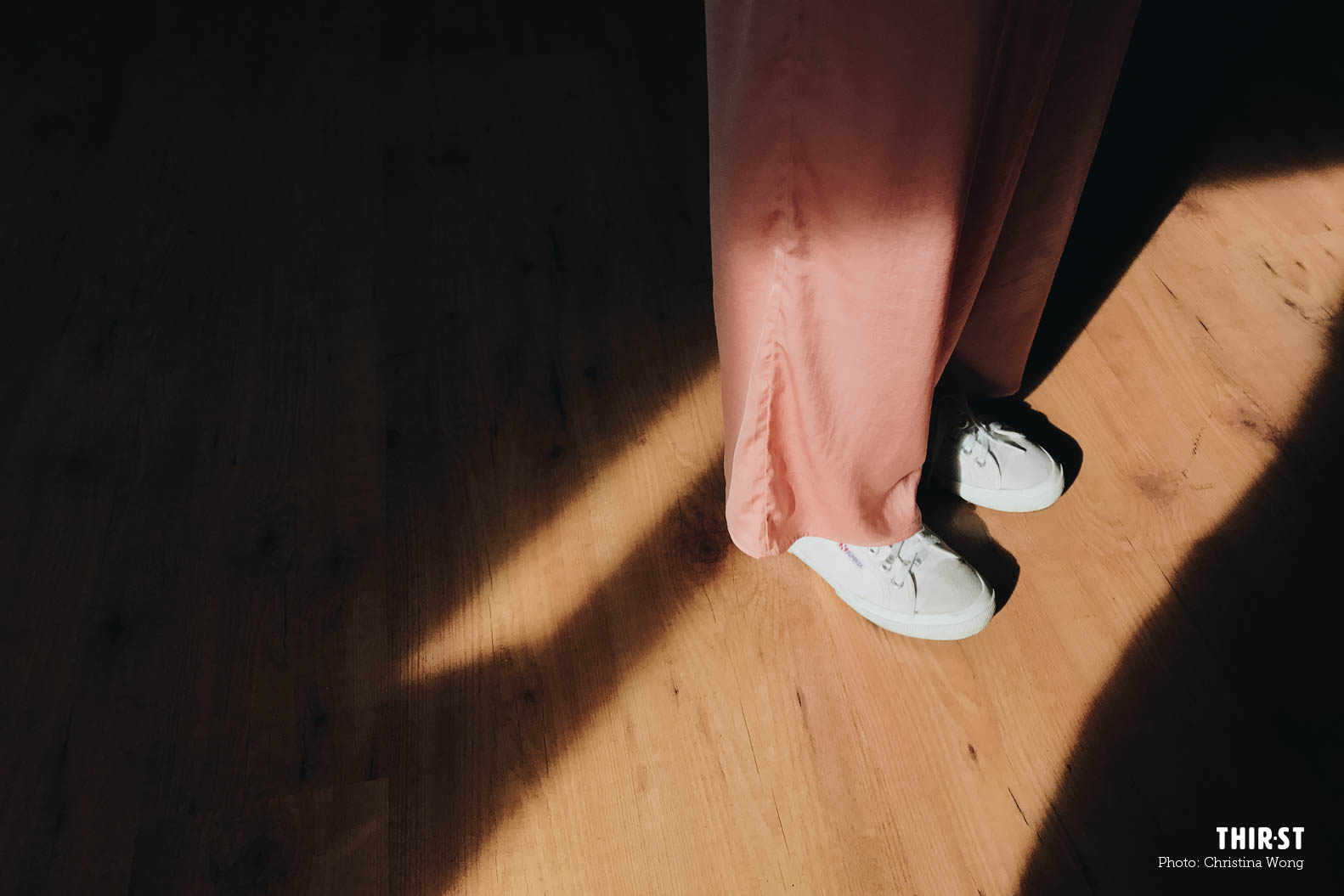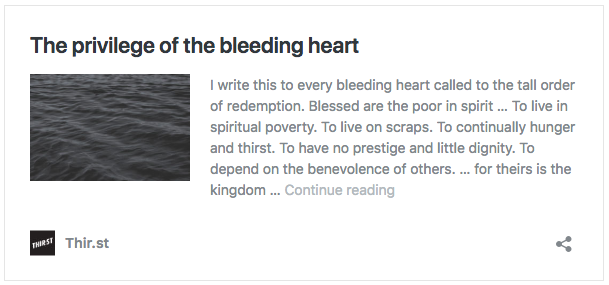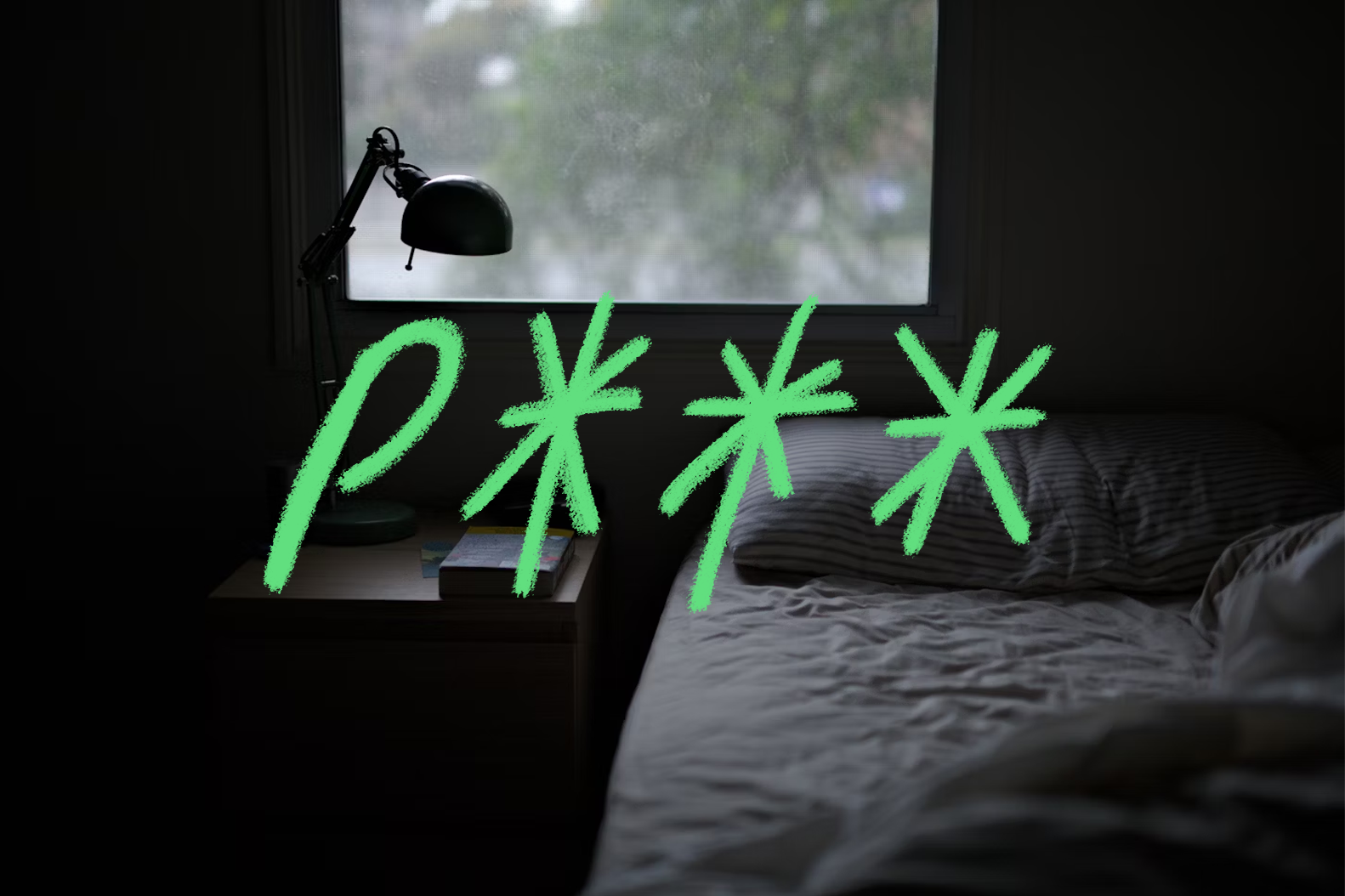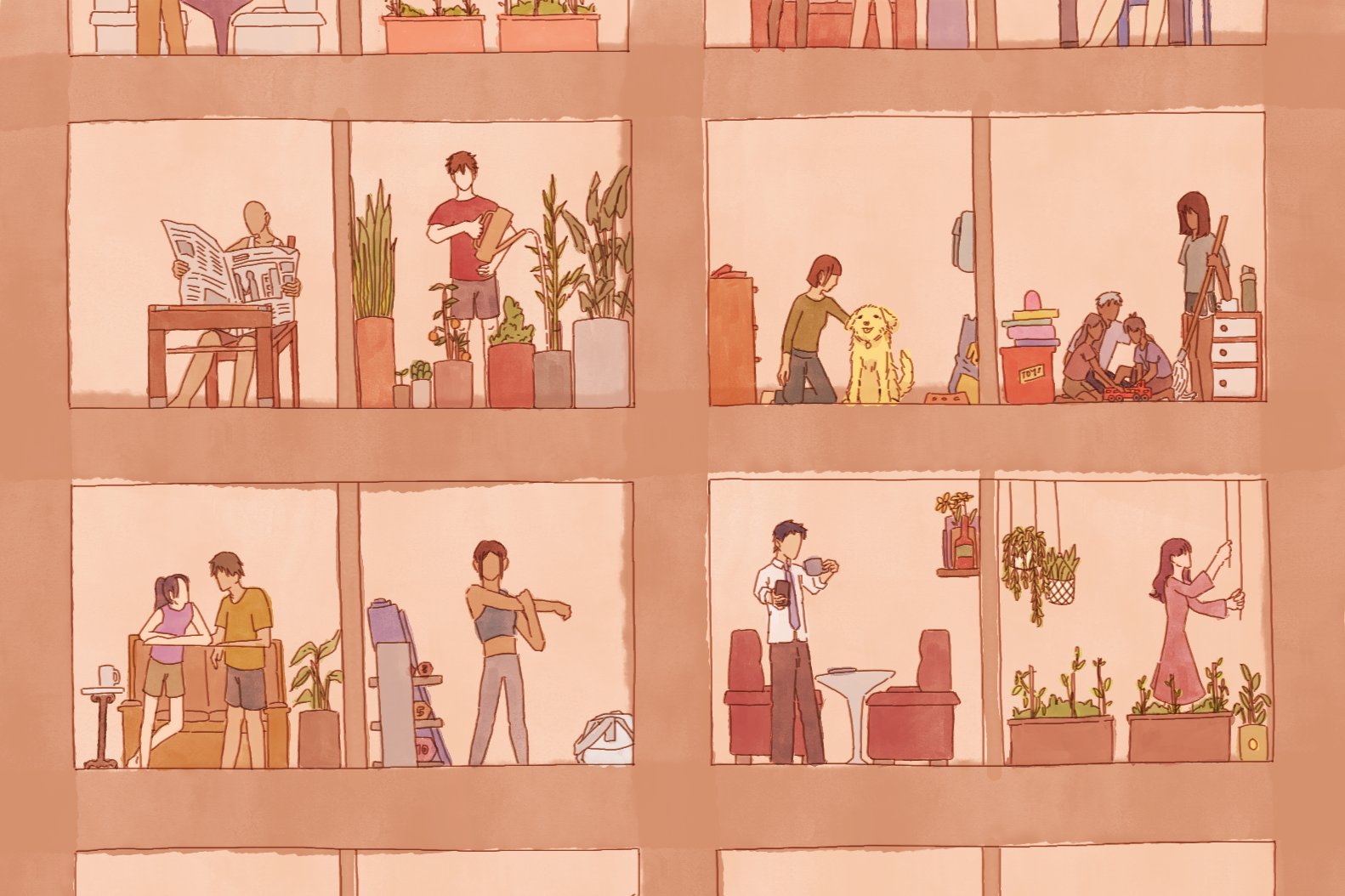At 27 years old, I stepped into the Institute of Mental Health for the first time.
After an argument that escalated out of hand at home, it struck me that there might actually be something wrong with me … and that I needed to seek help before it got worse.
I still remember the denial and rationalising.
- There were others whose conditions were worse than mine.
- Maybe this isn’t for me – maybe I don’t need this yet.
I was in denial – insistent that I could cope. But in that moment of clarity, I realised it was my pride that had been speaking all along.
And I had been heeding its voice for the longest time.
My encounters with mental illness weren’t anything new, I just never acknowledged I suffered from them until much later in life.
Back at home during my early years, both my brother and I suffered daily from my father’s verbal and mental abuse. We were told that we were worth nothing, that we were burdens for him.
To compound the problems, we faced financial issues home and were unable to cope with school. I eventually developed suicidal tendencies during secondary school. Having almost no friends at school, I began to seclude myself from everything.
Though things took a turn for the better ever since I accepted Christ a decade ago, depression and anxiety were like two bad friends who never left me. Once I joined the workforce I faced a mountain of stress from both work and ministry.
I tried my very best to make things work on both ends, but I was failing miserably.
Even after a couple of years of realising that things weren’t going well at all, I still resolutely refused to share this with my church community.
I wrongly thought that if I ever did ask others for help, that meant my faith in God wasn’t really faith to begin with. So every fibre of my being resisted seeking help up to the time I faced the doctor.
I believed seeking help for a mental illness was a sign of weakness, that somehow I would be disqualified from the work I so dearly yearned to do for God. A fierce battle raged in my mind daily between seeking help and fighting my own battles.
I believed seeking help for a mental illness was a sign of weakness …
I was forsaking God and relying on what little strength I had, all awhile the evil one was beating me with his lies – that I was self-sufficient and worthless. Instead of my faith being simply about a relationship with Christ, I made it all about the things that I could do – things that depression and anxiety threatened to take from me.
I had been living on a lie, steadily pushing people away and retreating deeper into my cocoon – falsely comforted by my “strong faith”.
I didn’t want to bother those around me.

But praise be to God, who continued to pursue me. In my darkest night, He gave me comfort, strength and clarity that exposed the enemy’s words for what they were – lies and snares.
I thank God also for friends who continually pursued me with the truth and love of Christ, displaying grace and love even though I kept pushing them away. Through their actions, I saw God’s hands reaching out to me, strengthening me and bringing me back onto the straight and narrow path.
I have been seeing my therapist regularly for the last few months, and things have become a lot more manageable. I have also been seeking God in prayer, and I honestly asked Him if He was disappointed.
His answer was to pour His love on me over and over again, reassuring me that I am always His beloved child.
There are still days when I question why I was made this way, especially when all my peers seem to be better off in many ways. But each time I do so, I’m drawn back to 2 Corinthians 12:9.
I know that it is through my weakness that His strength will be clear for all to see; His grace is sufficient for me to stand on.
The author’s name has been changed for confidentiality.











